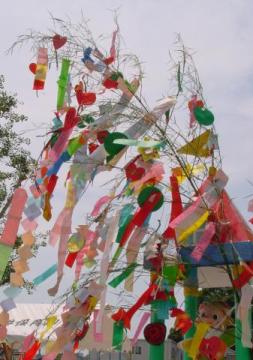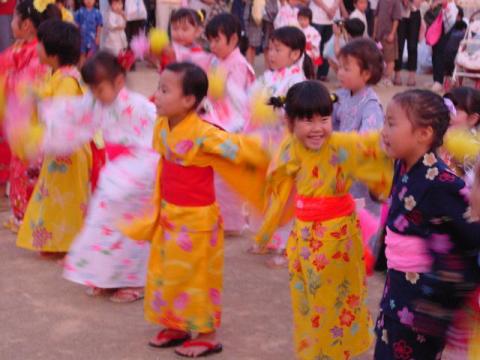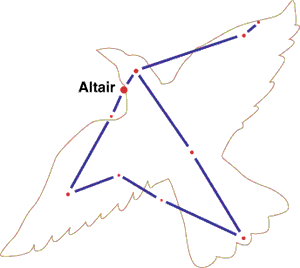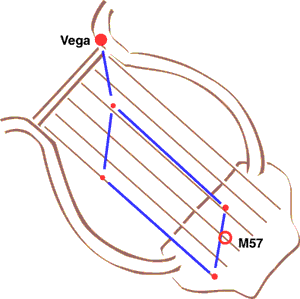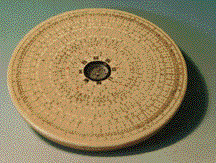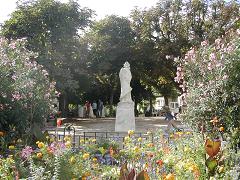As we celebrate Thanksgiving with turkey, mashed potatoes, apple pie or pumpkin pie, and gathering family and friends, what do we remember about the origins of this tradition? We’ve heard that this tradition grew the first year when Pilgrims settled into Plymouth, Massachusetts when the Pilgrims brought together all their harvests and celebreated their bountiful foods.
The big secret is that the Pilgrins arrived in the fall of 1620, and the first year of harvest of the Pilgrims in Plymouth, 1621, was absolutely terrible, and resulted in a famine. So did the second year. And then in the third year, 1623, something dramatically changed about how the Pilgrims chose to govern themselves, and it is that that led to the bountiful first harvest, and to the gathering around and sharing the great food.
Here is the first person account by the Governor of the British colony in Plymouth at the time, William Bradford, of the years between 1600 and 1622:
* 1621, The first harvest was shared communally among all the families and was very small. Furthermore, from the time they had arrived, abundance had decreased significantly.
“They began now to gather in the small harvest they had, and to fit up their houses and dwellings against winter … every family had their portion. All the summer there was no want; and now began to come in store of fowl, as winter approached, of which this place did abound when they came first (but afterward decreased by degrees).”
* There had been very little supply up until 1623.
“All this while no supply was heard of, neither knew they when they might expect any. So they began to think how they might raise as much corn as they could, and obtain a better crop than they had done, that they might not still thus languish in misery.”
What was the something that changed before the harvest of 1623, the first abundant harvest? William Branford writes:
* This was the DECISION OF THE PILGRIMS in 1623:
To give each family some land to farm on their own as opposed to having communcal farming and communal land.
“At length, after much debate of things, the Governor (with the advice of the chiefest amongst them) gave way that they should set corn every man for his own particular, and in that regard trust to themselves; in all other thing to go on in the general way as before. And so assigned to every family a parcel of land, according to the proportion of their number, for that end, only for present use (but made no division for inheritance) and ranged all boys and youth under some family. This had very good success, for it made all hands very industrious, so as much more corn was planted than otherwise would have been by any means the Governor or any other could use, and saved him a great deal of trouble, and gave far better content. The women now went willingly into the field, and took their little ones with them to set corn; which before would allege weakness and inability; whom to have compelled would have been thought great tyranny and oppression.”
Why did having the private land for each family result in much stronger crops than having a communal shared farming? William Bradford answers this question also with his 1620’s explanation of shirking – he claims that there is no increased happiness in communcal living and that shirking goes away when people farm for themselves as opposed to for others.
* No increased happiness from communal living.
“The experience that was had in this common course … that the taking away of property and bringing in community into a commonwealth would make them happy and flourishing; as if they were wiser than God. For this community (so far as it was) was found to breed much confusion and discontent and retard much employment that would have been to their benefit and comfort.”
* Communal living had hurt everyone – young men, strong men, aged men, and women who were as slaves, says Bradford.
“For the young men, that were most able and fit for labor and service, did repine that they should spend their time and strength to work for other men’s wives and children without any recompense. The strong, or man of parts, had no more in division of victuals and clothes than he that was weak and not able to do a quarter the other could; this was thought injustice. The aged and graver men to be ranked and equalized in labors and victuals, clothes etc., with the meaner and younger sort, thought it some indignity and disrespect unto them. And for men’s wives to be commanded to do service for other men, as dressing their meat, washing their clothes, etc., they deemed it a kind of slavery, neither could many husbands well brook it.”
* In fact, and Bradford writes firmly about this point, communal living and treating all people the same actually ‘diminish[es] and take[s] off the mutual respects’ that people would naturally have towards one another.
“Upon the point all being to have alike, and all to do alike … it did at least much diminish and take off the mutual respects that should be preserved amongst them. … I answer, seeing all men have this corruption in them, God in His wisdom saw another course fitter for them. “
In 1623, there was a DECISION that changed everything, and it is because of that decision that we now celebrate Thanksgiving.
Lesson and Take-Away: People take incomparably better care of something that belongs to them personally than they do of communal property.
Sources:
* William Bradford: History of Plymouth Plantation, c. 1650 (exerpts, entire book in google books)
* More information about the secret history of Thanksgiving can be found here, here, here, and an account dating to 1607 with the Virginia settlement before the Plymouth settlement here.
* If you want to google and search for this real history of thanksgiving, search for the words “thanksgiving private property“.
